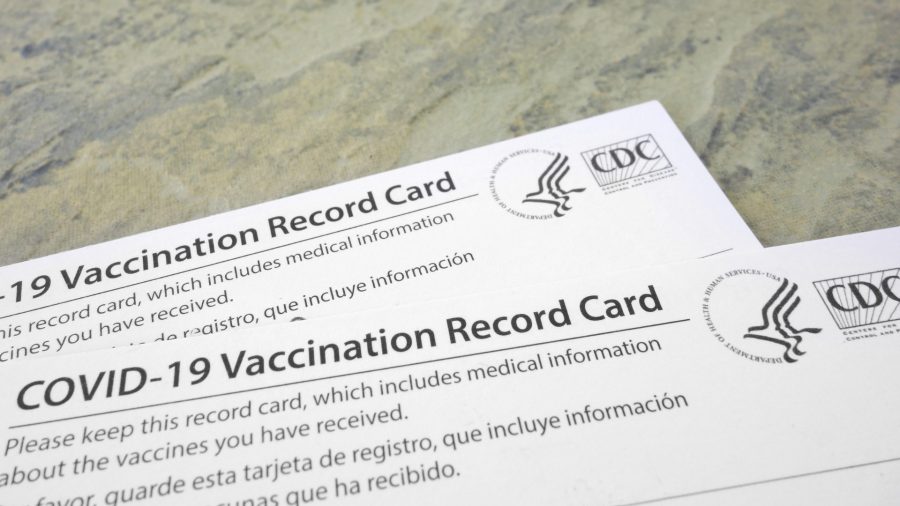Convenience store chains have been making headlines with acquisitions, as well as increased sales during the pandemic.
Seven & i Holdings Co. purchased Marathon Petroleum’s portfolio of Speedway gas stations for $21 billion, reported Bloomberg (Aug. 3). The deal will boost Seven & i’s 7-Eleven store count in the U.S. and Canada to about 14,000.
The value is above recently lowered market expectations of $15 billion to $17 billion, and close to the $22 billion pre-COVID expectation, according to Prashant Rao, an analyst at Citi.
After stepping away from negotiations earlier this year, the Japanese retailer returned for the deal concerned that Canada’s Alimentation Couche-Tard Inc., the second-largest convenience store operator in North America, would acquire Speedway. The transaction will give 7-Eleven a presence in 47 out of the top 50 metropolitan markets in the U.S. and a lead in the country’s convenience-store sector.
“The disadvantage of not winning this bid would have been other competitors expanding their business,” said Joseph DePinto, president of the 7-Eleven Inc. U.S. operation.
Seven & i was seeking a deal earlier this year to buy Speedway but stopped after offering $22 billion. The deal is now $1 billion below that earlier offer and the yen has strengthened this year, resulting in a dollar-based discount of at least 5% from a February peak.
The deal also provides focus outside of Japan where the company’s stores and supermarkets are facing headwinds, including a shrinking population, slow economic growth, and tough price competition. In addition, the company plans to bolster food offerings at the U.S. stores.
Meanwhile, Dunkin’ will close approximately 450 locations in Speedway gas station convenience stores by the end of the year, which the company previously announced in February, reported USA Today (July 7). “Very few of the approximately 450 Speedway-owned and operated limited menu Dunkin’ locations have closed to date, and we remain on track to exit Speedway by the end of 2020,” said Michelle King, a Dunkin’ Brands spokeswoman.
King did mention Dunkin’ plans to grow its “presence in gas and convenience locations, as well as other non-traditional locations,” such as airports, universities, and travel plazas.
In other news, Kwik Trip is acquiring Stop-N-Go c-stores, reported Wisconsin Public Radio (July 29). John McHugh, director of public relations at Kwik Trip, said the purchase is part of the company’s five-year plan to expand across the Midwest.
Kwik Trip already owns and operates more than 700 locations in Wisconsin, Minnesota, and Iowa. Stop-N-Go has 36 locations across southern Wisconsin and northern Illinois. Kwik Trip’s purchase would mark the company’s first entrance into Illinois.
Additionally, Haymaker Acquisition Corp. II agreed to acquire Israel’s Arko Holdings and its majority-owned U.S. convenience store chain GPM in a deal that would value the combined entity at $1.5 billion, reported Reuters (July 13). Arko owns 68% of GPM Investments, which operates 1,272 convenience stores and delivers fuel to 128 sites across 23 U.S. states.
“We expect long-term institutional investors and management to roll over significant equity at an attractive valuation relative to U.S.-listed peers,” said Haymaker CEO Steven Heyer. Haymaker will continue to expand GPM’s platform and pursue strategic initiatives jointly with Arko CEO Arie Kotler.
GPM said growth accelerated during the pandemic as consumers shifted shopping patterns to c-stores from other channels. The trend can also be seen with A&W Restaurants’ franchised gas and convenience store locations where same-store sales jumped by double digits in June.
Sales at A&W’s c-store locations were up 10.5%, following an 8.3% increase in May. They were an average of 11% higher during the January-February period before falling off in March and April, the result of the coronavirus pandemic.
More consumers visit a convenience store each day than any other brick-and-mortar retail location, according to NACS. Retailers conduct 165 million transactions per day, meaning that on average half of the U.S. population is buying something at a convenience store every day.
Forty-three percent of Americans say they live within a mile of a c-store, and in rural areas, more than eight in 10 residents (86%) say these locations are within 10 minutes of their home and are often the only place in town to buy grocery items, fuel, or other products or services. These stores are often the community gathering spot, providing nearby residents with essential services, like food.











